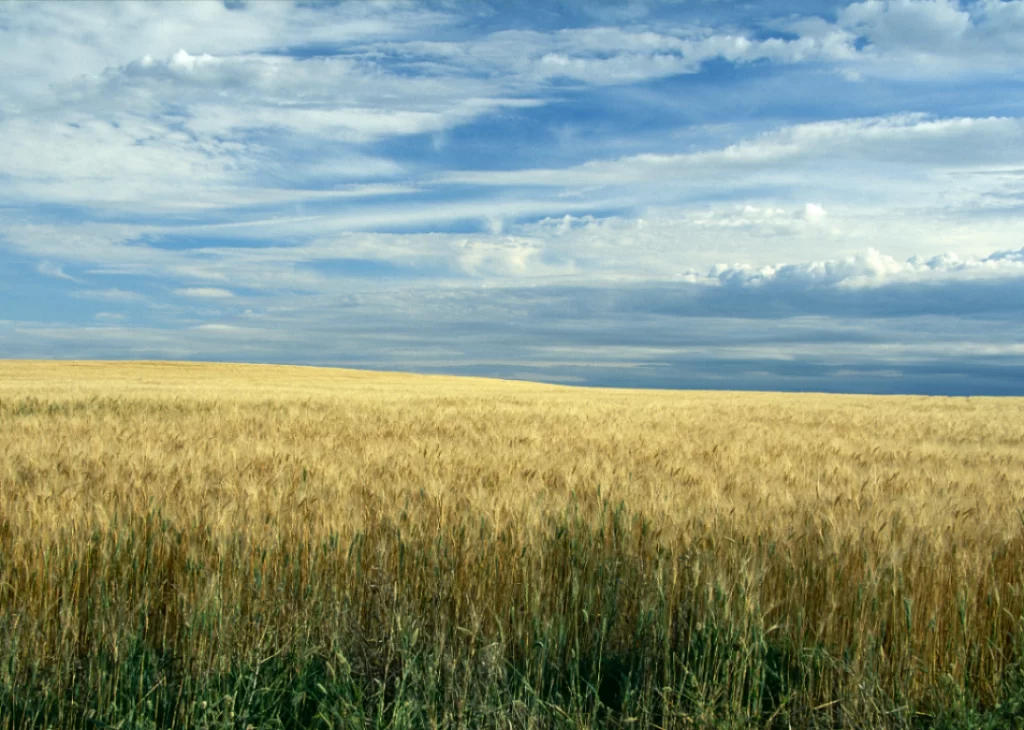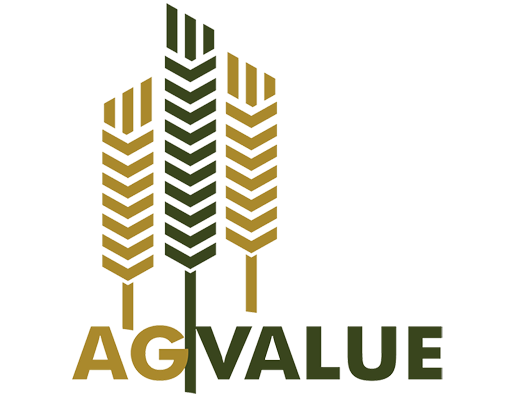
- AgValue Consulting
- August 8, 2024
- 5:22 pm
- 2 minutes
South Carolina Livestock Report: Key Insights and Analysis
The recent South Carolina Livestock Report has unveiled some telling trends in the cattle market, which hold significant implications for cattle farm appraisals and valuations in the region. This article delves into the fluctuations in market prices and how these shifts could potentially affect farm owners and investors.
South Carolina Livestock Market Trends and Price Analysis
The report indicates a decrease in feeder bull prices by $2.00 and feeder heifers by $2.50, while slaughter bulls saw a more notable reduction of $5.00. Despite these declines, prices for slaughter cows remained relatively steady. These changes reflect a nuanced market where various factors, including supply chain issues and regional demand, play pivotal roles.
For specific categories, the price ranges showed:
- Feeder Steers and Bulls varied significantly across different weight classes, with heavier animals (450-600 lbs) fetching prices around 290.00-350.00 per hundredweight.
- Feeder Heifers followed a similar trend, with prices adjusting based on weight and quality, highlighting a range of 240.00-350.00 per hundredweight for animals between 400-600 lbs.
The stability or decrease in livestock prices can influence the overall appraisal and valuation of cattle farms. Lower livestock prices often lead to reduced immediate revenues for farms, which can impact the perceived value of these operations.
Implications for Farm Appraisals in South Carolina
The fluctuating market conditions indicated by the livestock report can have several implications for farm appraisals:
- Asset Valuation: As cattle prices adjust, the immediate value of the livestock as farm assets fluctuates. This variability can affect the overall valuation of a farm, especially if the operation is heavily reliant on cattle sales.
- Revenue Projections: Appraisers must consider current and projected market conditions when evaluating a farm’s potential revenue streams. A downward trend in cattle prices might suggest a need for cautious revenue projections, which could affect lending decisions and investment interests.
- Risk Assessment: The volatility in cattle prices adds an element of risk, which must be considered during farm appraisals. Farms with a diverse range of livestock and crop productions may be valued higher due to their reduced risk profile compared to those solely dependent on cattle.
Strategic Recommendations for South Carolina Farm Owners
Given the trends highlighted in the South Carolina Livestock Report, farm owners should consider the following strategies:
- Diversification: To mitigate the risks associated with fluctuating cattle prices, farms should consider diversifying their agricultural activities to include crops or other livestock that may be less volatile.
- Cost Management: In times of lower cattle prices, effective cost management becomes crucial. Farmers should review their operational expenses and identify areas where efficiencies can be achieved without compromising the health or productivity of the livestock.
- Market Analysis: Regular analysis of market trends and staying informed through reports like the South Carolina Livestock Report can help farm owners anticipate changes and adjust their business strategies accordingly.
Contact AgValue Consulting For Your Next Valuation in South Carolina
The latest livestock market data from South Carolina presents a mixed picture, with certain categories experiencing price decreases. These trends are critical for farm owners and investors as they provide a snapshot of the market dynamics that directly impact dairy farm appraisals and valuations. By understanding these trends and implementing strategic adjustments, stakeholders can better navigate the complexities of the agricultural market, ensuring sustainable operations and optimizing their financial outcomes.
For detailed and tailored appraisal services that consider these market fluctuations, reach out to AgValue Consulting. Our expertise in agricultural valuations ensures that you receive comprehensive assessments to support your investment and operational decisions.
